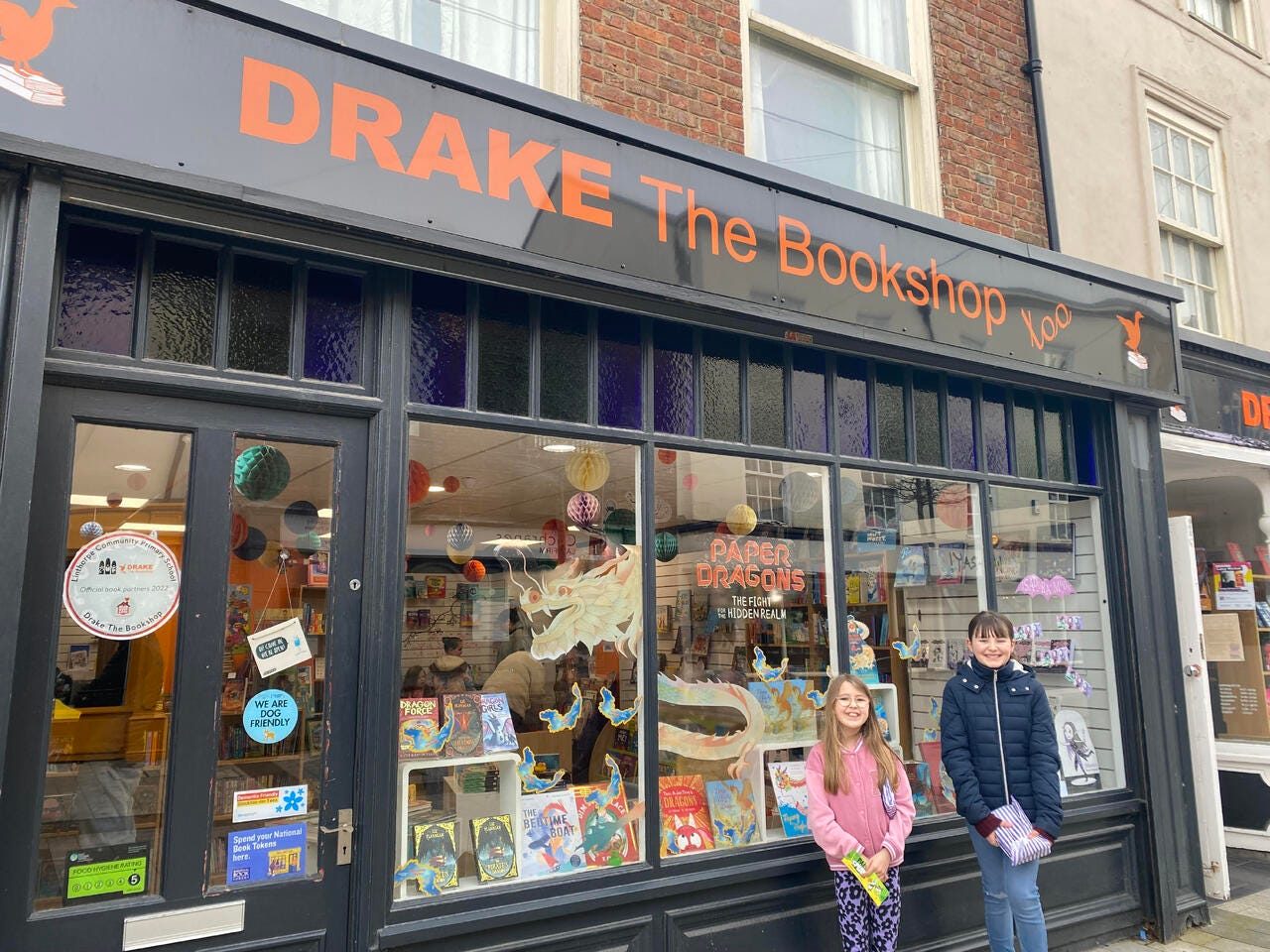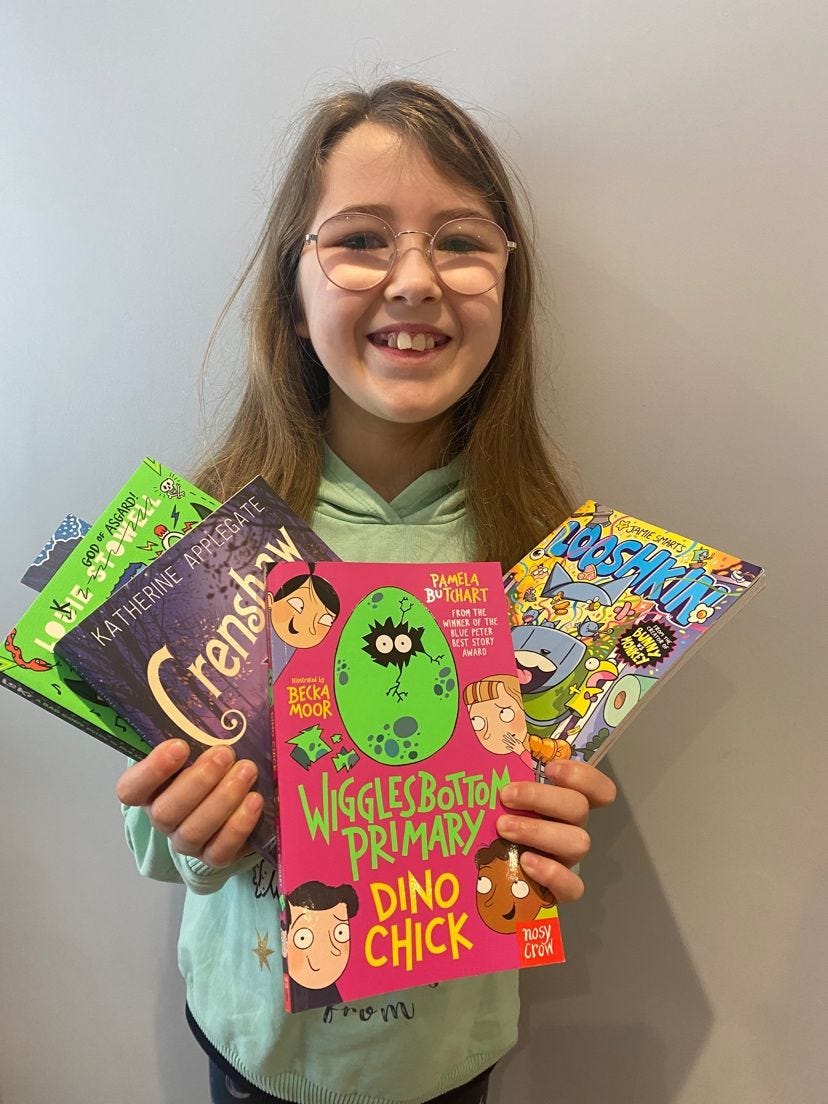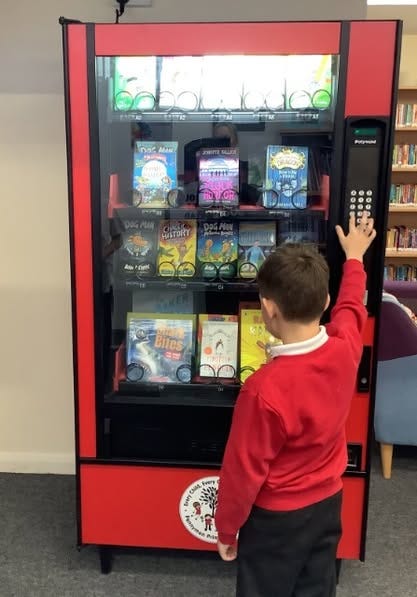Once upon a time, during a pandemic, my daughters decided they wanted to do something to help children who had less. But it isn’t that simple.
It was one of those ‘proud dad’ moments where I genuinely thought about changing my handle to ‘That Proud Dad’ instead of ‘That Poverty Guy’, but that’s more niche!
After looking into a few options, we quickly realised we didn’t want to just run another appeal and risk falling into the trap of assuming what people needed. It was important to us that we understood the actual needs rather than making assumptions about what hardship is.
Toy story problems
I’ve written before about the fantastic work that Children North East (CNE) does in the North. With this in mind, we partnered with them to get a better understanding of the work they do with families facing hardship, especially during the Christmas and winter months.
One thing that struck us was how well-intentioned strategies can sometimes unintentionally add problems and inequality.
The team at CNE pointed out that while toy appeals are usually well-received, they can sometimes overlook real needs. For example, certain age groups may receive more toys than others, or a family might end up with a mix of toys of varying quality. In some cases, an excess of toys one year can lead to difficulties sourcing new, quality toys the following year, especially for birthdays.
I’m not bashing toy appeals here. I know schools and charities across communities have brought genuine joy to families through such appeals.
However, I am highlighting that appeals of this nature need to be carefully considered and implemented. Especially if they are aiming to address actual need.
Monopoly to Mousetrap
Through these conversations, CNE shared how they create winter packs for families, not just for Christmas but throughout the colder months. These packs contain useful resources like budget-friendly cooking ingredients, reading materials, and craft supplies.
My girls quickly realised that they enjoy family time around the table, especially when it involves a board game. So they asked if board games would be a good addition to the winter packs.
A few logistical hurdles later, and the girls led a campaign to collect board games from across the region to support families.
What amazed us was the generosity of people, and how nearly everyone could relate to the joy of sitting down to a game with loved ones (even if, like us, some families are just a little too competitive!).
From Monopoly to Mouse Trap, Cluedo to Candy Land. Our house soon became a mini distribution centre.
(Source: The Chronicle, 2020)
This short video about the impact of the board game project explains more.
Books beat eggs
Ideas evolve.
The girls noticed that while board games can vary in quality, the gift of a new book could potentially offer something even more. Research indicates that children with access to books in their own home and choose to read in their free time are more likely to enjoy and access reading.
Recent research from the National Literacy Trust shows that the cost of living and financial hardship are affecting families’ ability to purchase books, which in turn impacts children’s reading habits. Fewer children and young people who received free school meals (FSMs) said they had a book of their own compared with their peers who did not receive FSMs (87.6% vs 92.0%). There are differences in book ownership depending on where in England children and young people go to school, with most reporting having a book of their own in London (93.4%) and fewest in the North West (88.3%)
(Source: National Literacy Trust, 2024)
At one school I work with, a young boy told me that he mainly reads David Walliams books because they are often on special offer at a nearby supermarket, and he can get two for a small price.
The idea that cost is limiting a child’s reading options is an injustice.
So, the girls ran another campaign at Easter, keeping it hyperlocal and following the principles of our PLACE work at Tees Valley Education. We teamed up with a local independent bookshop, Drake the Bookshop in Stockton-on-Tees. Richard, Mel, and the team there helped us create a virtual bookshop with a wish-list of books suggested by the girls.
Community members could then purchase books, which would be donated and distributed to schools in Tees Valley Education. 300 books later, and we knew we wanted to do even more.
The next chapter
Our children are leading the way with care and creativity.
They are the changemakers of today and tomorrow, and #StoriesNotStuff is a shining example of how they can make a difference.
Headteacher, Pennyman Primary
The story continues.
This winter, children at Pennyman Primary Academy in Middlesbrough have taken this further using the principles of the project.
A group of young PLACE thinkers have devised a list of books that they think every child should be able to read by the time they are 11 and 3/4 (yes, that’s an actual age they tell me!)
They gave also worked with the school and businesses to install a book vending machine. The idea is that as many children with ‘less’ as possible will have the opportunity over Christmas and New Year to be able to select a book of their choice from the special vending machine.
Through the #StoriesNotStuff campaign, they’re inviting the community to gift the joy of reading to children who need it most. Again, they have partnered with Drake the Bookshop and authors to source the books and work out how to get them into the hands of their peers. This is being done sensitively and thoughtfully too!
(Source: Pennyman Primary)
Instead of material gifts, these young change-makers are focused on filling the school’s reading book vending machine with books for children to enjoy. The pupils are leading the charge, with full backing from their teachers.
Emma Nelson, a teacher working closely with the pupils, said: “This project is all about the creativity and compassion of our children. By teaming up with the community, we’re turning a simple idea into something truly special for the festive and New Year season.”
One of the pupil leaders said “It’s amazing to know that the books we’re collecting will help other children find the stories they’ll love”
Louise Stogdale, Headteacher at Pennyman, expressed how proud she is of the pupils’ efforts: “Our children are leading the way with care and creativity. They are the changemakers of today and tomorrow, and #StoriesNotStuff is a shining example of how they can make a difference.”
Be part of the story
Supporting the campaign is easy.
Here’s how you can help:
Share this post with others and spread the word about the project.
Consider purchasing a book through the link. Just click ‘collect at shop’, and we’ll take care of the rest. The team at Drake the Bookshop will arrange delivery to the schools. (P.S Just click collect at store and we get a message to collect this for you and put into the school)
You can also donate a book or contribute a monetary amount. We do request that the books are new, as every child with ‘less’ deserves a fresh, new book!
Get in touch if you can help us make even more of this project.
Thank you for joining us in bringing the gift of reading to children this festive season.








